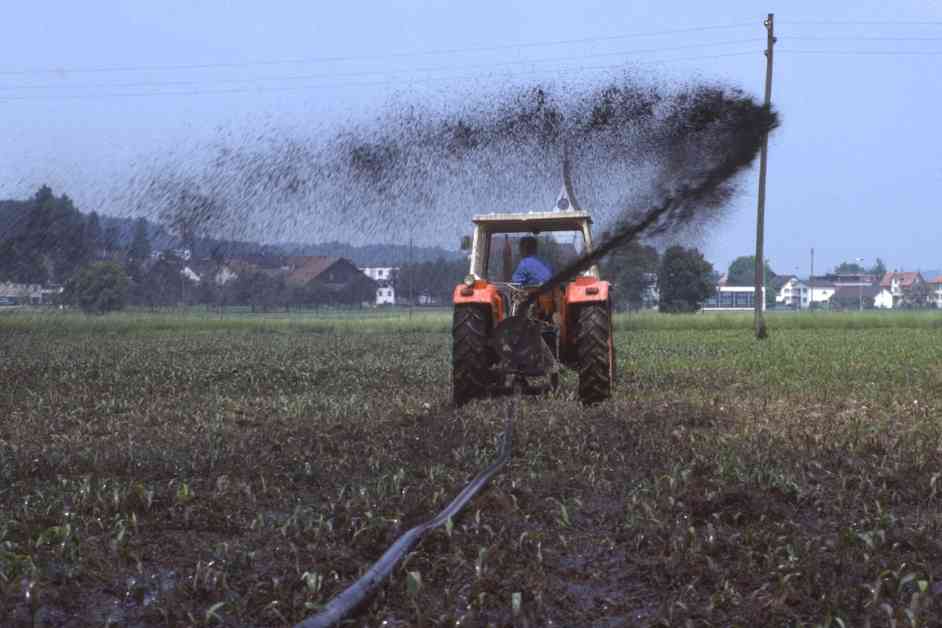EPA Warns PFAS ‘Forever Chemicals’ on Farms Can Raise Health Risks
Toxic chemicals from sewage sludge used as fertilizer are raising health concerns for consumers of products from farms that utilize it. The United States Environmental Protection Agency (EPA) issued a draft risk assessment highlighting the potential dangers associated with per- and polyfluoroalkyl substances (PFAS) known as “forever chemicals” in biosolids, or sewage sludge.
The Impact on Public Health
The EPA’s findings reveal that exposure to PFAS during sewage sludge use and disposal can pose significant health risks to humans. This assessment focused on three primary methods of disposal: surface disposal in landfills, land application of biosolids, and incineration. The risks associated with these methods could lead to health issues that surpass EPA’s acceptable thresholds, presenting a serious concern for public health.
Protecting the Public
EPA’s draft risk assessment emphasizes the importance of understanding the health risks posed by forever chemicals in biosolids and taking necessary actions to reduce exposure. By addressing these risks, EPA aims to protect individuals from potential health hazards associated with PFAS exposure. The assessment serves as a crucial tool to inform future risk management actions and safeguard public health.
Paving the Way for Safer Practices
The analysis underscores the significance of implementing proactive state and federal policies to control and eliminate PFAS at the source. By setting technology-based limits on discharges from various industrial sectors, including PFAS manufacturers, electro- and chrome-platers, and landfills, EPA aims to mitigate the risks posed by these harmful chemicals. Collaboration with impacted operations and federal agencies is crucial to fully understand and address the risks associated with PFAS exposure.
As we navigate the complexities of environmental health risks, it becomes increasingly vital to prioritize the safety and well-being of our communities. The implications of PFAS exposure underscore the need for stringent regulations and proactive measures to protect public health. By raising awareness and promoting informed decision-making, we can work towards a healthier and safer future for all. Remember, the choices we make today can shape the well-being of generations to come. Let’s strive to create a world where our environment is safeguarded, and our communities thrive in health and prosperity.














